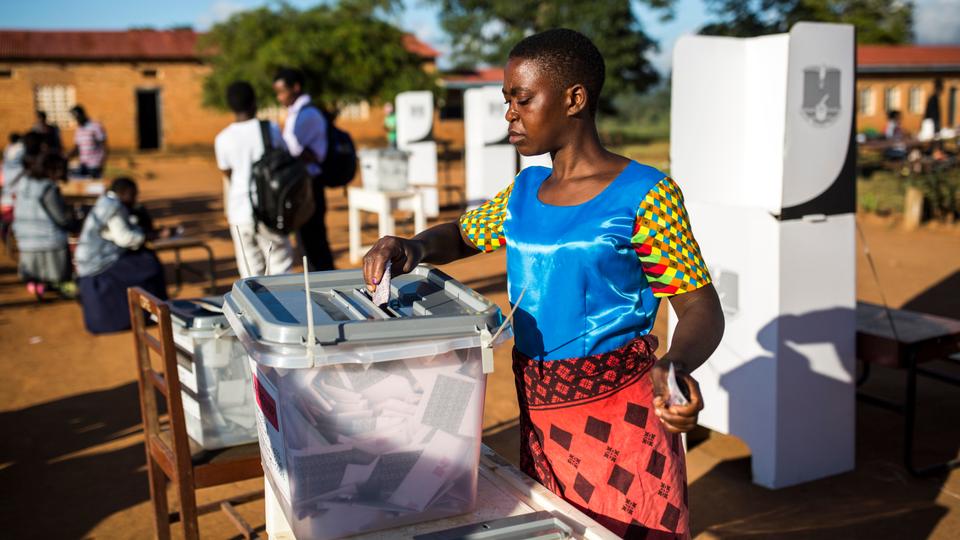Malawi’s newly-elected President Lazarus Chakwera has appointed women to a record 12 of 31 cabinet positions, with the new female leaders vowing to use their roles to help other women.
Women now hold 39% of the ministerial and deputy minister roles in the cabinet appointed by Chakwera, 65, who unseated Peter Mutharika in a re-run presidential election last month, which compared to about 20% in the previous government.

Vera Kamtukule, chief executive for the Malawi Scotland Partnership who was appointed deputy labour minister, said she would not disappoint women in the southeast African nation.
“There is a lot that happens to women in their workplaces because of their gender,” Kamtukule told the Thomson Reuters Foundation.
“As a woman, I also have a female domestic worker myself and I treat her well since charity begins at home.”
Malawi is ranked 116 out of 153 nations in the World Economic Forum’s 2020 Global Gender Gap index.
Since the last general election in 2019, women have held 22.9% of seats in parliament, according to the Inter-Parliamentary Union, although Malawi has a target of between 30 and 50% women’s representation like many Commonwealth countries.
Chakwera, head of the Malawi Congress Party, told a news conference that the appointment of more women into ministerial positions will ensure “enough representation of women in our administration”.
The move came amid a rise in feminist activism in Malawi and protests this year against sexual violence after a series of alleged police assaults on women.
Four women are now ministers, up from two, including for community development and social welfare, education, and health.
Minister for Forestry and Natural Resources, Nancy Tembo, said her appointment was important as women in Malawi have such a critical relationship with the natural environment.
“If you look at the life of a woman it is synonymous with the environment,” Tembo told the Thomson Reuters Foundation.
“It is a woman who fetches firewood, draws water and provides shade for the family. I will, therefore, ensure that there is sustainability for natural resources.”
Women’s rights campaigners welcomed more women in cabinet, which is the highest since Malawi’s first female head of state, Joyce Banda, appointed eight women in her cabinet in 2012.
But they criticised removing gender as a portfolio from the ministry for children and community development and the fact most women were appointed deputies rather than as ministers.
“I don’t think we’ve had a cabinet where 30% was reached so that’s the reason why we’re applauding the new government,” Maggie Kathewera Banda, executive director for the Women Legal Resource Centre told the Thomson Reuters Foundation.
“But we no longer have a line ministry to look into gender equality … we wonder why the new government has decided to strip it off.”

